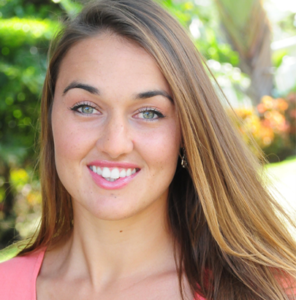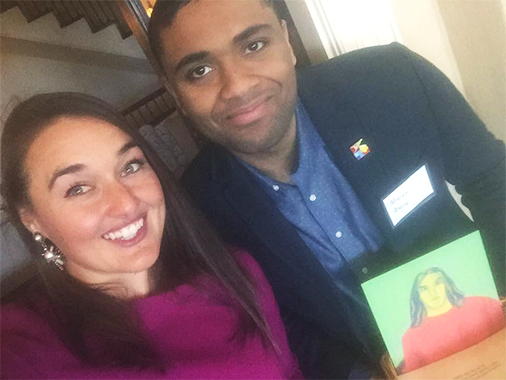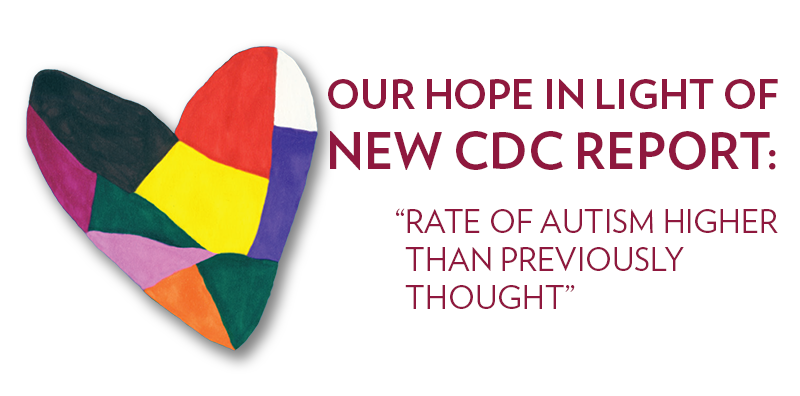
When the CDC announced that the prevalence rate of autism has risen yet again – (2018) 1 in 59 children – faces of thousands of adults with autism who are struggling valiantly to navigate our world flashed before my eyes.
As the Director of Community Engagement and Housing Networks, it is my job to help communities across our nation understand and prepare for the future. At diagnosis, most families become inundated with treatment options for their toddler, plopped into the sea without any reference of where they are and where to go. Soon, however, online searches, local social media groups, and word of mouth help them find the path forward, access help and services, and become powerful advocates for their students during their school years. It is often well into high school before families and teens on the spectrum begin to think about how the ship will sail into adulthood. And then realize, the ship that supports them and holds their small world of friends is about to leave them “high and dry”, abandoned without any easily accessible tools for survival as adults.
For these (2018) 1 in 59 children, however, there is hope for a better future. We have explored and met pioneers across the country who have created innovative social enterprises and employment opportunities like Jose H. Velasco, Vice President Operations & Strategy at SAP and Debbie Marriott Harrison who spoke at Madison House’s Autism After 21 Day breakfast last week.
We don’t have nearly have enough accessible and affordable housing for our friends on the autism spectrum and/or with intellectual and developmental disabilities. Fortunately, there are families and friends who are demanding opportunities alongside neurodiverse citizens and are working to develop and increase different housing and support models. Madison House is proud to share Autism Housing network video series features 18 different models with the goals of inspiring innovation and more inclusive communities.
If I had a magic wand, this is my hope for the future of the 1 in 59 who will be diagnosed with autism today:
People will hear you are autistic and immediately recognize the strength and the struggles of what that diagnosis may mean to you. They will have a variety of faces, lifestyles, and support needs in mind, like those whom we have featured in our #Imagine21 mini-documentary series and be ready to help you find your place in the world.
From before school starts, you will be treated by therapists as a person with enormous potential, working hard to increase your ability to communicate, cope with the sensory onslaught, and enjoy the world around you.
In grade school, your teachers will be excited to explore and find the best methods that allow you to learn the material needed to reach your maximum potential with adulthood in mind. You will not be seen on a linear scale of “high-functioning” and “low-functioning”, but be given the opportunity to turn your passion into a valuable asset while identifying the areas where you may need support as an adult.
When you reach teen years and young adulthood, our country will understand that it may take a bit longer for you to find your place in the adult world and parents will not have to quit a job to stay home with you. You will have the support you need to graduate into your own home at your own pace.
As a transitioning student, your goals and support needs will have been identified along with a custom budget to meet your specific needs. You will not just squeeze yourself into existing programs or boxes in your state, but have the control to view the national marketplace of options and join, adapt or create a truly person-centered lifeplan.
Affordable housing will be available in a wide variety of offerings, designed by architects who specialize in sensory-friendly and accessible design. Assistive technology professionals will identify the SmartHome tools to help you rely less on people telling you what to do or doing things for you. Direct Support Professionals who are skilled person-centered thinkers will help you get dressed, plan and prepare meals, or accompany you . They will be paid a living wage, and will no longer have to quit after six months for a higher paying job. If the relationship is not working out, you will have the power to dismiss them and hire a new provider or staff.
Most importantly: whether it’s college, a job, volunteer work, or just hanging out with friends, you will have a Community Connector who will find or create the spaces for nurturing relationships.
In this achievable future, (2018) 1 in 58 children who will soon become autistic adults will no longer be invisible, isolated or lonely. They will have a vast network of supports to live in communities who value them.
I know this may seem like some distant land for some who read this, but we at Madison House Autism Foundation take to heart Margaret Mead’s advice to, “Never doubt that a small group of thoughtful, committed citizens can change the world.” Small groups of parents and caring citizens are gathering in communities across the country and we are working with them. They are why we strive to develop tools and resources that empower local communities to create a better future.
We began the declaration and observance of Autism After 21 Day to amplify to the greater community that children with autism grow up and by making the world better for them, we are making the world better for all. In light of the announcement of CDC, will you join us and create a better future for the 1 in 58 children who will soon reach adulthood?
When I heard the CDC announcement that the prevalence rate of autism is now 1 in 59, the faces of adults flashed before my eyes. As the Director of Community Engagement and Housing Networks, it is my job to help communities across our nation understand and prepare for the future. We realize that at diagnosis many families become inundated with treatment options for their toddler, plopped into the sea without any reference of where they are and where to go. Quickly, they find their footing and begin to realize a way forward. Through experience, online searches, local social media groups, and word of mouth from other parents, they become powerful advocates for their students during their school years. It is often well into high school before families and teens on the spectrum  begin to think about how the ship will sail into adulthood. And then realize, the ship that supports them and holds all their friends is about to kick them onto land without a roadmap for navigation or any easily accessible tools to survive in this new land.
begin to think about how the ship will sail into adulthood. And then realize, the ship that supports them and holds all their friends is about to kick them onto land without a roadmap for navigation or any easily accessible tools to survive in this new land.
For those in this 1 in 59 prevalence wave, there is hope for a better future. We have explored and met pioneers across the country who have created innovative social enterprises and employment opportunities like Jose H. Velasco, Vice President Operations & Strategy at SAP and Debbie Marriott Harrison who spoke at Madison House’s Autism After 21 Day breakfast last week.
We don’t have enough accessible and affordable housing for our friends on the autism spectrum and /or with intellectual and developmental disabilities. Fortunately, there are families and friends who demand opportunities for their neurodiverse loved ones who are working to develop an array of new housing and support models. Madison House is proud to share an Autism Housing Network video series featuring 18 different models with the goals of inspiring innovation and creating communities.


 Our 2nd Annual Autism After 21 Day Breakfast
Our 2nd Annual Autism After 21 Day Breakfast



This was such an informative article for parents
Very informative. I don’t think that rates are increasing, simply that many were not diagnosed in the past or certainly labelled as troublesome. When I was at school there were no autistic kids in my class, except of course really there were at least 2
Great information. thank you!